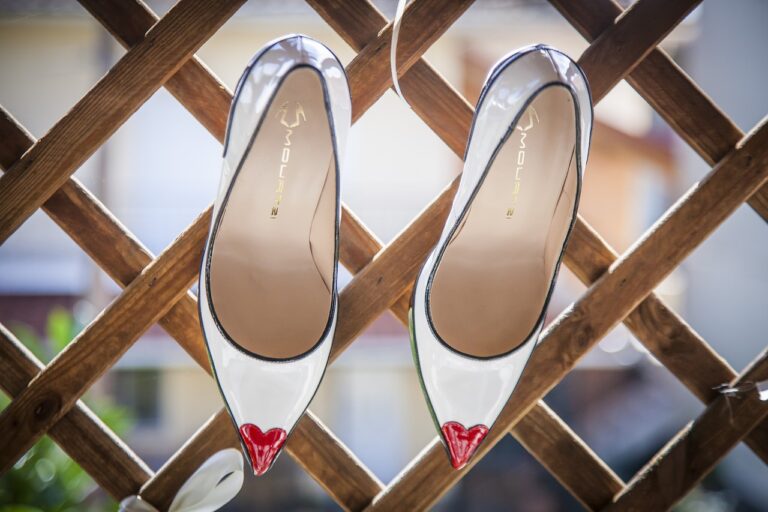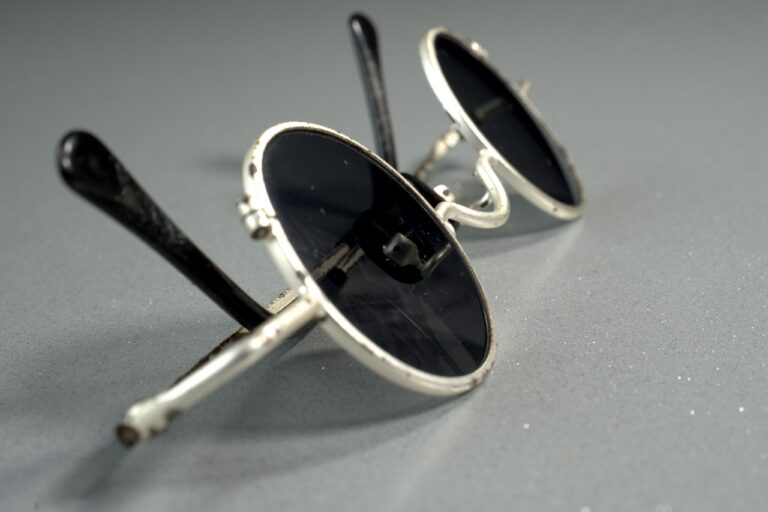The Future of Vegan Fashion: Cruelty-Free and Chic
Vegan fashion is a growing trend in the fashion industry that focuses on creating clothing and accessories without the use of animal-derived materials. This means that vegan fashion products are free from materials such as leather, fur, silk, wool, and other fabrics that come from animals. Instead, designers and brands in the vegan fashion space opt for cruelty-free alternatives that mimic the look and feel of traditional animal-based materials.
In addition to being free from animal products, vegan fashion also promotes ethical and sustainable practices throughout the production process. This includes using environmentally friendly materials, reducing waste, and ensuring fair labor practices. By choosing vegan fashion, consumers can support a more ethical and eco-conscious approach to style without compromising on quality or design.
Sustainable Materials in Vegan Fashion
Vegan fashion has been witnessing a surge in popularity, with more consumers opting for ethical and sustainable clothing choices. One significant aspect of vegan fashion is the utilization of sustainable materials that are free from animal-derived products. These materials not only align with ethical values but also contribute to reducing the industry’s environmental impact.
Innovative alternatives like pineapple leather, cork, and recycled plastics have been gaining traction within the vegan fashion industry. These materials offer cruelty-free and eco-friendly options for clothing, footwear, and accessories without compromising on style or quality. As consumers become more conscious of the impact of their purchasing decisions, the demand for sustainable materials in vegan fashion continues to grow, driving further innovation and creativity in the industry.
Innovations in Vegan Fashion Technology
One of the significant innovations in vegan fashion technology is the development of plant-based leather alternatives. With the detrimental effects of traditional leather production on the environment and animals becoming more apparent, fashion brands are turning to innovative materials such as pineapple leaves, mushroom leather, and apple peels to create sustainable and cruelty-free leather products. These plant-based alternatives not only reduce the carbon footprint of the fashion industry but also provide consumers with stylish and eco-friendly options.
Another emerging innovation in vegan fashion technology is the utilization of recycled and upcycled materials. By repurposing discarded items like plastic bottles, denim scraps, and old fabrics, fashion designers are able to create new and unique vegan clothing pieces. This approach not only helps reduce waste and minimize the impact on the planet but also encourages a more circular and sustainable fashion economy.
• Plant-based leather alternatives such as pineapple leaves, mushroom leather, and apple peels
• Reduction of carbon footprint in the fashion industry
• Creation of stylish and eco-friendly options for consumers
• Utilization of recycled and upcycled materials like plastic bottles, denim scraps, and old fabrics
• Repurposing discarded items to create new vegan clothing pieces
• Promotion of a more circular and sustainable fashion economy
What is Vegan Fashion?
Vegan fashion refers to clothing, shoes, and accessories that are made without using any animal products or by-products. This includes leather, fur, wool, silk, and other materials derived from animals.
What are some sustainable materials used in Vegan Fashion?
Some sustainable materials used in vegan fashion include organic cotton, bamboo, hemp, recycled polyester, and plant-based alternatives to leather and wool like cork, pineapple leaf fibers, and mushroom leather.
What are some innovations in Vegan Fashion Technology?
Innovations in vegan fashion technology include the development of biodegradable vegan leather made from fruit waste, the use of 3D printing to create custom-fit vegan shoes, and the introduction of waterless dyeing processes for eco-friendly textiles.







